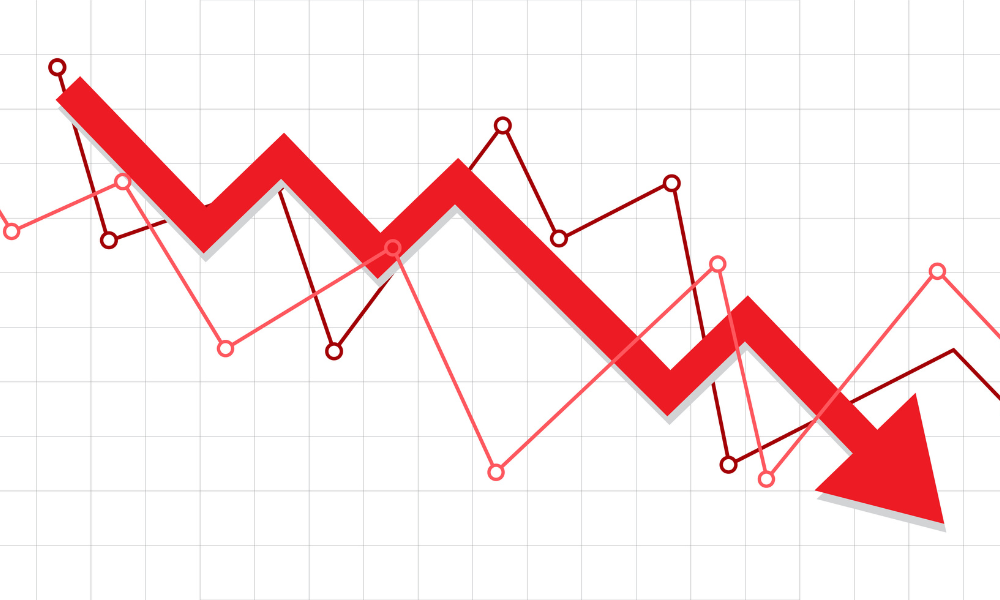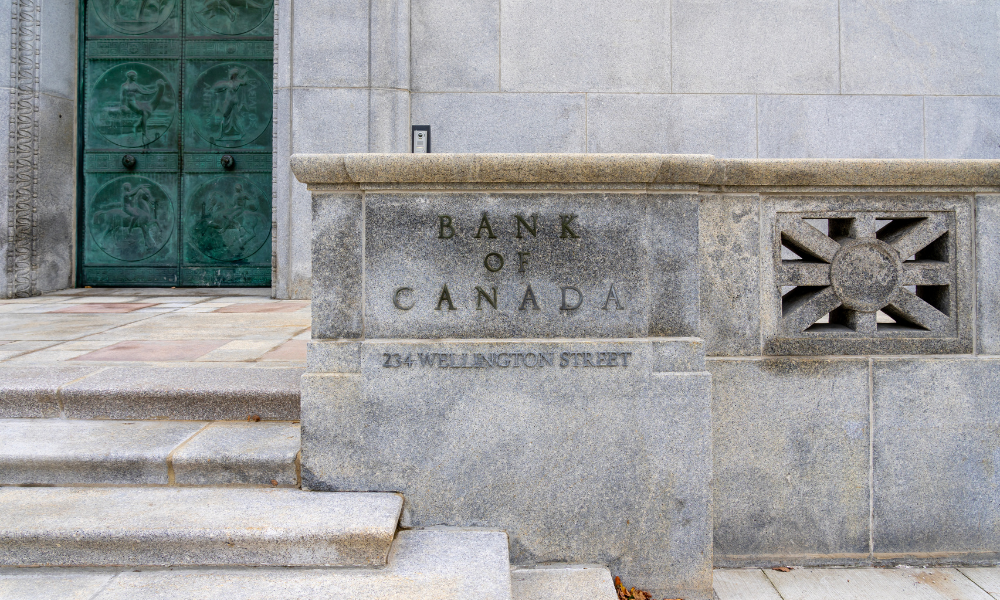Mixed momentum reflects economic headwinds facing homebuyers

Canada’s housing markets have shown varied performance in terms of price gains, with affordable areas showing far stronger increases while the most expensive posted decreases.
The Greater Toronto Area saw its aggregate home price fall 2.7% year-over-year in the first quarter of 2025 while the Greater Vancouver Area was down by 0.7%. By contrast, Quebec City prices gained 17% and the Greater Montreal Area was up 7.9%.
Nationally, the aggregate price was up 2.1% to $829,400 according to the Royal LePage House Price Survey and Market Forecast released today (April 15). On a quarterly basis, it was up 1.2%.
"Canada's housing market entered 2025 with mixed momentum," said Phil Soper, president and CEO, Royal LePage. "In Ontario and British Columbia, softer sales reflect consumer caution in the face of economic headwinds. In contrast, markets in Quebec, the Prairies and Atlantic Canada are demonstrating surprising resilience, buoyed by pent-up demand, falling interest rates and chronically low inventory. This uneven performance is a hallmark of a market in transition."
Canadians are split on the outlook for the economy with 49% confident, including 6% who are very confident, while 43% are not confident. This ranges from Quebec as the most confident to the Prairies as the least confident.
The spring is usually a time when the Canadian housing market comes to life, but this has been subdued this year with geopolitical uncertainty dampening sentiment. Around half of respondents to RLP’s survey said they were putting off buying a home due to the ongoing trade dispute with the US, with 37% of these concerned about the cost of living rising as a result and 14% worried that house prices may decrease.
But despite the concerns around tariffs and how the economy may fare in the months ahead, Soper says there are some positives.
"The recently announced 90-day pause on threatened new tariffs offers a window for diplomacy and a chance to stabilize market sentiment,” he noted. “Moreover, the appointment of Pete Hoekstra as the new US ambassador to Canada brings a reassuring presence. A former congressman from Michigan and experienced diplomat, Hoekstra has a strong relationship with President Trump and a deep understanding of cross-border trade – especially given his state's strong economic ties with Canada. Hoekstra's early remarks affirming Canada's sovereignty and the importance of our partnership sets the stage for a more constructive path forward. If bilateral stability returns, so too will broader Canadian consumer confidence.”
Soper added that the fundamentals of Canada’s housing market remain strong which sets it up for a rebound once uncertainty lifts.
"Beyond trade, getting the federal election behind us should help here. Regardless, across the country, we are seeing savvy buyers step off the sidelines, taking advantage of stable prices, growing inventory and falling rates,” he concluded.



